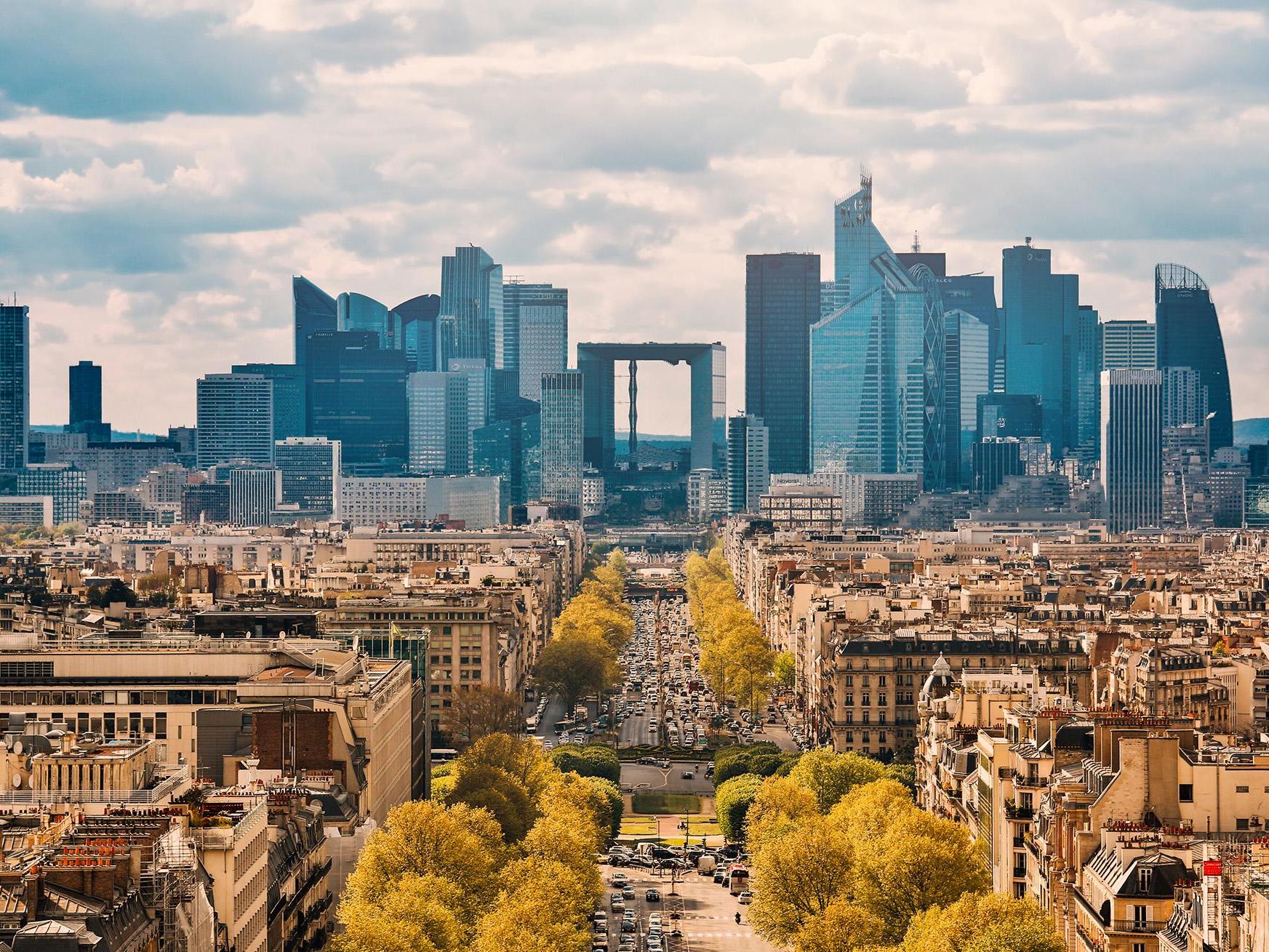The world’s most expensive cities list tells us what’s right with the global economy – and what isn’t
With the reversal of globalisation an impending threat, this is what it takes to make cities all over the world thrive


Your support helps us to tell the story
From reproductive rights to climate change to Big Tech, The Independent is on the ground when the story is developing. Whether it's investigating the financials of Elon Musk's pro-Trump PAC or producing our latest documentary, 'The A Word', which shines a light on the American women fighting for reproductive rights, we know how important it is to parse out the facts from the messaging.
At such a critical moment in US history, we need reporters on the ground. Your donation allows us to keep sending journalists to speak to both sides of the story.
The Independent is trusted by Americans across the entire political spectrum. And unlike many other quality news outlets, we choose not to lock Americans out of our reporting and analysis with paywalls. We believe quality journalism should be available to everyone, paid for by those who can afford it.
Your support makes all the difference.Why are cities so expensive? And given that they are, why do so many people flock to them?
The top three most expensive cities in the world are Paris, Singapore and Hong Kong – all ranked equal first by the Economist Intelligence Unit (EIU), part of The Economist magazine group.
The report is a semi-annual exercise, designed for companies posting their people around the world and wanting to know how much of an additional allowance to pay them.
After the top three come Zurich and Geneva, New York is equal seventh with Copenhagen, and Los Angeles equal 10th with Tel Aviv. London is relatively cheap, at 22nd, behind Dublin at 19th.
If that comes as a surprise to Londoners struggling with the cost of buying a home, remember that the ranking is at current exchange rates and assumes an “executive” lifestyle. So it is a flat in a posh area, fees for international schools and health checkups, an appropriate allocation of alcohol and so on. It is not the way that locals live.
But the one overriding point is that cities, at least in the developed world, are expensive places to live. Some things cost pretty much the same in every country: food, electricity, telecommunications, national taxes, etc. But others, notably housing, are invariably more expensive in cities, sometimes massively so. Yet people move to cities all over the world.
In the developed world about three-quarters of the population live in cities or large towns, and the proportion is rising rapidly in the emerging countries. Why?
There is the simple answer that jobs are more plentiful and pay is higher. But that in turn begs another “why?” question: why is pay higher? The general answer to that is productivity is higher: having people live in close physical proximity to each other is more efficient than having them thinly spread across a large area.
But in the case of these cities assessed by the EIU, there is a further factor at work. Something seems to be happening in the world that is catapulting some places to super-status, while second-tier competitors fall behind.
I don’t think we know the full explanation yet, but we can see bits of it. For a start, globalisation has promoted global cities – cities that have a significance beyond the national economies where they are located. Singapore and Hong Kong are both city states, the first constitutionally, the second de facto. Paris and London have both far outpaced the countries in which they are located because of their international status. Ditto the two largest cities in the US, New York and Los Angeles.
That much is obvious and gives rise to all sorts of tensions, though they do deliver the resources, in terms of tax revenue, that keep the country going.
But there is something else happening that may be increasing the competitive advantage of large population clusters: technology. You might imagine that the communications revolution would have enabled people to live and work more or less anywhere – or at least anywhere with decent broadband. That may have happened to some extent, and most of us work remotely at some stage. But there seem to be countervailing forces that have actually increased the attractions of the super-cities.
One is clustering of talent. Innovation seems to need people to work in close proximity with each other. The bigger the talent pool, the easier it is for innovative companies to hire people to help their growth, which in turn attracts more people into that pool.
Another is the development of delivery services made possible by the mobile revolution of the past decade. Getting a meal sent to your door or your laundry picked are much swifter and easier in a large city than in the countryside. Super-cities develop super services, which further increases their attractions. Cost matters less than convenience, for the hardworking young are (relatively) cash rich but often very time poor.
A further twist is that the Uber revolution has further helped cities vis-à-vis rural locations, in that quite aside from public transport, they now have another mobility option not available in the countryside.
Where does all this end? Nothing is forever, and we have already had an example of political pushback in the political opposition to Amazon establishing a second headquarters in the New York metro area. But the main force that would reverse the progress of the super-cities would be a reversal of globalisation itself: more trade barriers, more restrictions on migration of the highly skilled, more restriction on international mobility more generally. But that reaction would carry huge costs, and not just for the cities themselves. I don’t think many of us want that.
Join our commenting forum
Join thought-provoking conversations, follow other Independent readers and see their replies
Comments